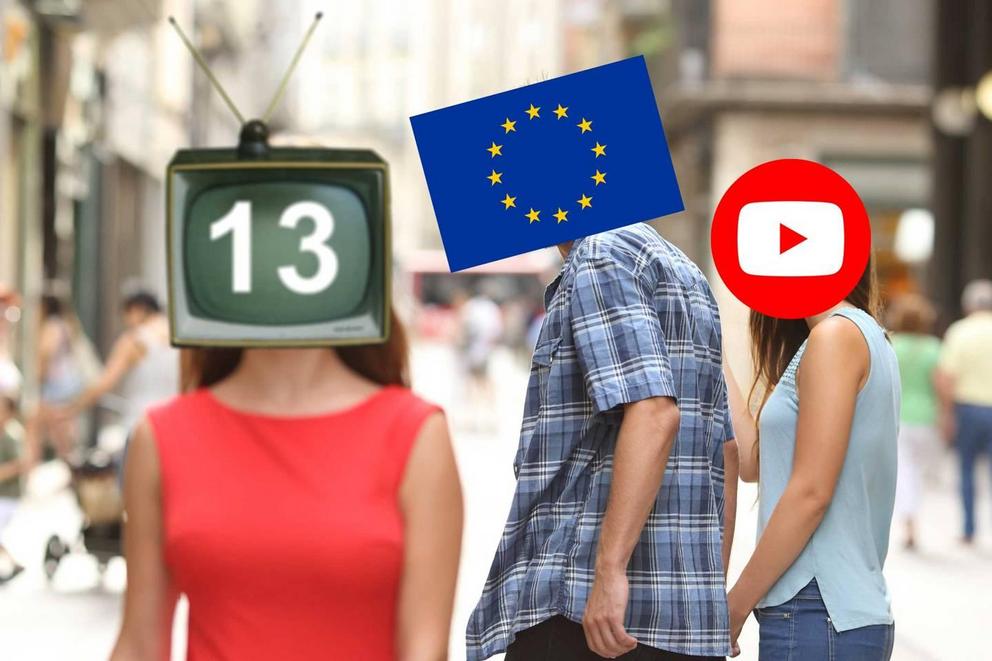What is Article 13? The EU's divisive new copyright plan explained
Articles 11 and 13 of the EU's new copyright directive have stoked fears that memes will effectively be banned and platforms will need to pay publishers when people link to their websites
The European Parliament has voted in favour of a controversial new copyright directive that could force tech giants to do much more to stop the spread of copyrighted material on their platforms. The European Union Directive on Copyright in the Digital Single Market, to give it its full name, is designed to update existing copyright laws for the internet age.
Simply put, the Directive on Copyright places more responsibility on websites such as YouTube, Facebook and Twitter to make sure that copyrighted materially isn’t being illegaly shared on their platforms. Until now, the onus has mostly been on the copyright holders – usually the companies that produce audio, video or written content – to enforce copyright protection but under the new law this responsibility will shift onto the major platforms themselves.
At the heart of the Directive on Copyright are two divisive articles – Article 11 and Article 13 – that have been dubbed the “link tax” and “meme ban” articles respectively. Critics of the Directive on Copyright argue that these articles mean that platforms will have to pay a fee to share a link to a news article and have to start filtering and removing memes.
But the Directive on Copyright isn’t law yet. It still has to go through a series of steps before it becomes finalised as an EU directive and then it still has to be implemented in law by by member states. To help clear things up, here’s WIRED’s guide to the EU Directive on Copyright.
For the rest of this article please go to source link below.

